Organic pest control is an important part of organic farming. Organic topsoil is a key ingredient in keeping pests away from your plants and ensuring they grow healthy and strong. But how do you go about controlling pests with organic topsoil? In this article, we'll explore the best practices for organic pest control using organic topsoil, so that you can keep your crops safe and your farm profitable.
Organic pest control with organic topsoil
involves using natural methods like companion planting, beneficial insects, and crop rotation to keep pests out of your garden. It also involves using natural fertilizers and soil amendments to help your plants grow healthy and strong.Benefits of using organic topsoil include improved soil structure, better moisture retention, increased nutrient content, and fewer chemical contaminants in the environment. Organic topsoil also contains beneficial microbes that help to break down organic matter and release nutrients that can be used by plants.
Using organic topsoil in organic farming
is a great way to keep your crops healthy and productive. Organic topsoil can be used as a mulch or soil amendment to improve soil structure, retain moisture, and add nutrients.It can also be used as a compost to add nutrients to the soil and provide a habitat for beneficial microbes. In addition, organic topsoil can help protect your crops from pests and disease by providing a barrier between your crops and the pests. This barrier can help keep pests away from your crops while also providing a habitat for beneficial insects. Finally, organic topsoil can also help reduce water pollution by preventing chemical pesticides and fertilizers from entering the water supply.
Reducing Water Pollution
Organic topsoil is an excellent way to reduce water pollution.By using organic topsoil, chemical pesticides and fertilizers are prevented from entering the water supply. This can help ensure that the water is safe for humans, animals, and plants. Organic topsoil also helps to reduce the amount of runoff, which can help keep nearby streams and lakes clean and healthy. Additionally, organic topsoil can help absorb excess nutrients and contaminants that may be present in the water, preventing them from entering other bodies of water. Organic topsoil is an important part of any organic farming system.
Not only does it help keep pests and weeds under control, but it also helps protect the environment by preventing chemical pesticides and fertilizers from entering the water supply. With organic topsoil, farmers can create a healthy environment for their crops while helping to protect the environment.
Benefits of Using Organic Topsoil
Organic topsoil has many benefits when it comes to pest control and organic farming. By using organic topsoil, you can eliminate the need for chemical pesticides and fertilizers while still controlling pests and providing the best soil for your crops. One of the main advantages of using organic topsoil is the improved soil structure it offers.Organic topsoil helps to create a looser, more aerated soil structure that allows air and water to move more freely, resulting in healthier plants. Organic topsoil also helps to improve moisture retention, meaning that you don't have to water your plants as often. Organic topsoil also contains higher levels of essential nutrients than conventional soil. This means that you don't need to use as many chemical fertilizers, saving you money and providing your plants with the necessary nutrients to grow strong.
Additionally, organic topsoil helps reduce the amount of chemical contaminants in the environment, which is beneficial for both people and wildlife.
Organic Pest Control
Organic pest control involves using natural methods such as companion planting, beneficial insects, and crop rotation to keep pests out of your garden. Companion planting is the practice of placing certain plants together in order to benefit from their natural characteristics. For example, some plants, such as marigolds, can act as a natural repellent for pests, while others, such as alfalfa, can attract beneficial insects that will help control pest populations. Beneficial insects, such as ladybugs and lacewings, can be released into the garden to feed on pests.Crop rotation is also a helpful way of controlling pests by alternating the crops planted in a particular area each season. This reduces the chances of pest populations becoming established in a certain area. Organic topsoil is an ideal medium for organic pest control because it is free of chemical pesticides and fertilizers. It also provides beneficial organisms that can help to keep pests at bay, such as earthworms and beneficial fungi. Organic topsoil also helps to create an environment where plants can thrive without the need for excessive amounts of fertilizers and pesticides.
In addition, organic topsoil helps to retain moisture and nutrients, making it easier for plants to absorb these vital elements.
Protecting Crops from Pests & Disease
Organic topsoil can provide a barrier between your crops and pests, helping to protect them from disease and infestations. Organic topsoil contains beneficial microorganisms that act as natural predators and can help to control the population of certain pests. Additionally, organic topsoil can help reduce soil erosion, which in turn helps to reduce the spread of disease-causing organisms. Organic topsoil also helps to improve water retention, which in turn helps to create an environment that is less conducive to the spread of pests and diseases. Organic topsoil is rich in nutrients and organic matter, which can help to improve the soil structure and fertility.This makes it easier for beneficial organisms such as earthworms and microorganisms to thrive, providing a natural defense against pests and diseases. Finally, organic topsoil can help to improve the drainage of your soil, making it difficult for pests and diseases to survive. By providing better drainage, your crops are less likely to suffer from root rot or other problems caused by excess moisture.
Using Organic Topsoil in Organic Farming
Using organic topsoil in organic farming is a great way to keep your crops healthy and productive. Organic topsoil has many benefits, such as providing the necessary nutrients for plants to thrive and helping to control pests naturally. It can also help to reduce the amount of chemical pesticides and fertilizers needed for your crops.Organic topsoil is made up of a variety of materials, including compost, manure, and other organic matter. This combination of ingredients creates a soil that is rich in nutrients and beneficial microbes, which can help promote plant growth. Additionally, it can help improve soil structure and fertility, which can improve the overall health of your crops. When using organic topsoil in organic farming, it is important to ensure that it is applied correctly. This means mixing the soil with other materials, such as compost or manure, and making sure that the soil is not compacted too tightly.
Additionally, it is important to monitor the soil regularly to ensure that it is not becoming over-fertilized or too dry. Organic topsoil can also be used as a natural pest control measure. The presence of beneficial microbes in the soil can help to naturally suppress pests, while also providing the necessary nutrients for plant growth. Additionally, organic topsoil can provide a layer of protection against weeds, helping to reduce weed growth and the need for chemical herbicides. By using organic topsoil in organic farming, you can help ensure that your crops are healthy and productive while reducing the need for chemical pesticides and fertilizers.
This can help to create a more sustainable environment for both you and your plants. Organic pest control with organic topsoil is an effective and environmentally friendly way to keep your garden healthy and productive without relying on chemical pesticides or fertilizers. It also helps to reduce water pollution. By following the tips outlined in this article, you can ensure that your garden is safe for both you and the environment.
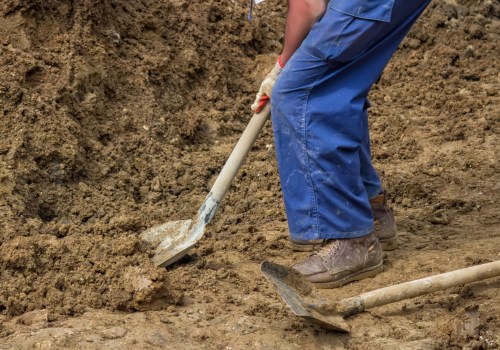
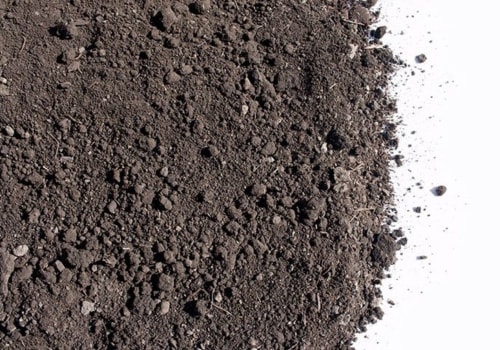
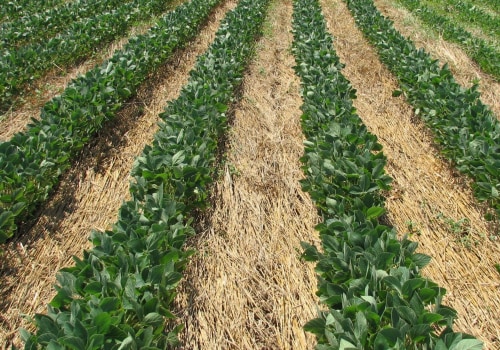
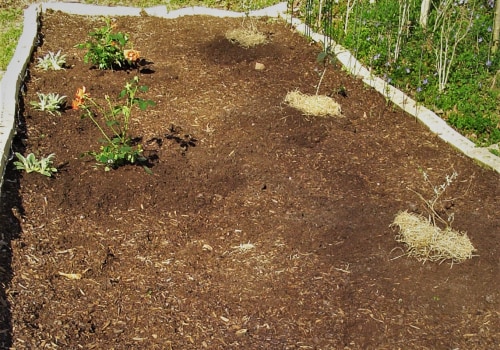
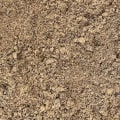
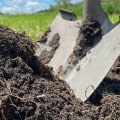
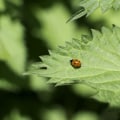
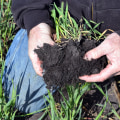
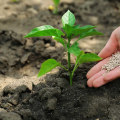
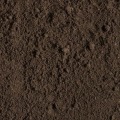

Leave a Comment